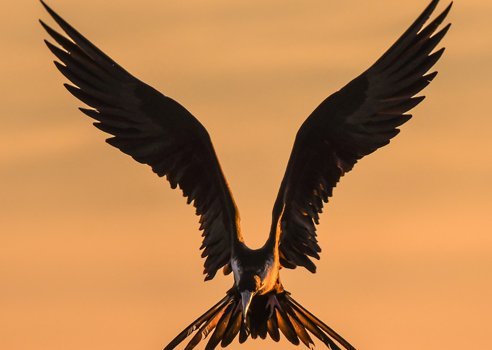Reading time: Less than 1 minute
Increase your vocabulary and you’ll make your writing much more precise. That’s why I provide a word of the week. Today’s word: brachiated….
The word brachiated is an interesting one. I recently encountered it in Elizabeth McCracken’s amusing novel, Bowlaway. Here is how she used it:
The Salford Devil had red eyes and brachiated black wings, was the size of a dog, or a swan or a malnourished child, had a long tail with a tassel (like a zebra or giraffe or a sphinx) or one that opened like a fin (like a bird).
In zoology, brachiated means having arms or armlike appendages. In botany, it refers to having widely spreading branches in alternate pairs. And, as a verb, it means to move by swinging with the arms from one hold to another, as certain apes — such as gibbons — do. (Interestingly, chimpanzees gorillas and orangutans are less likely to move in this way because of the heavier weight of their bodies.)
The etymology of the word is Latin, from bracchium, meaning “arm.” In fact, brachiate comes from the same root as “bracelet” and “brachiopod” (a category of marine organisms with armlike feeding organs ).
Perhaps, puzzlingly, another related word is “pretzel.” That is because the word’s German root is brezel, also related to brachiatus, referring to the arm-like structure of the baked good.
First known use of the word was in 1916 when the words fox-trot, glove compartment and blimp also came into being.


